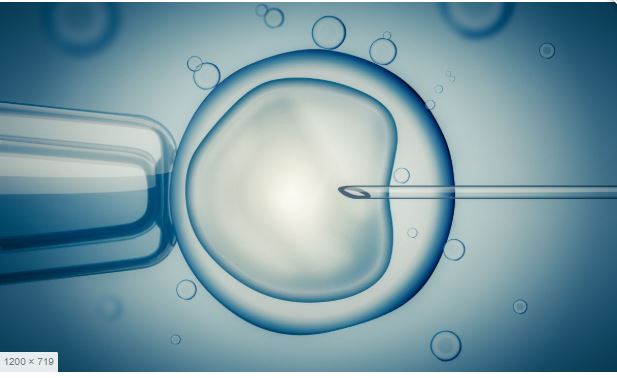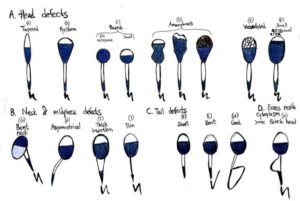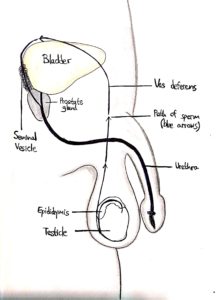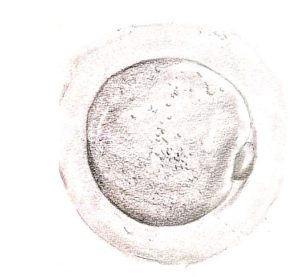Certain urological surgeries may reduce the number of sperm, or prevent having sperm in your ejaculate completely. These surgeries include vasectomy, scrotal or testicular surgeries, prostate surgeries, and large abdominal surgeries performed for testicular and rectal cancers, among others. The same result can come from certain medications – Testosterone replacement therapy, long-term anabolic steroid use, some ulcer drugs, some arthritis drugs and certain other medications can impair sperm production and decrease male fertility. In some cases, surgery, radiation or chemotherapy to treat tumors can also affect male fertility.
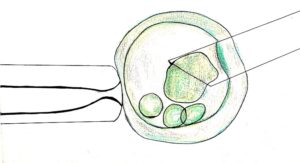
Y Chromosome Microdeletion
The Y chromosome is passed on to the next generation through the sperm cells, and it carries the genes which control testicular development and sperm

